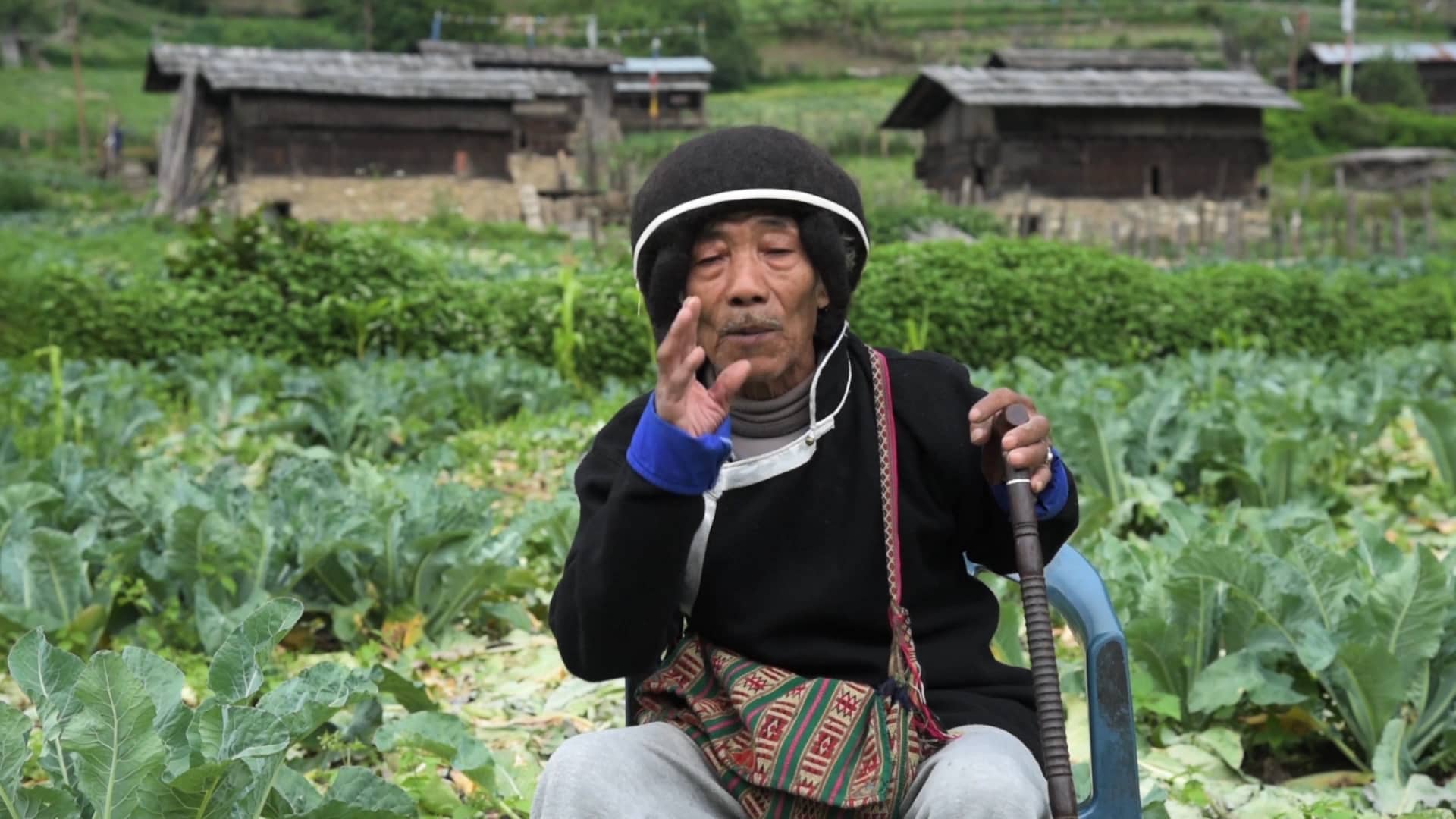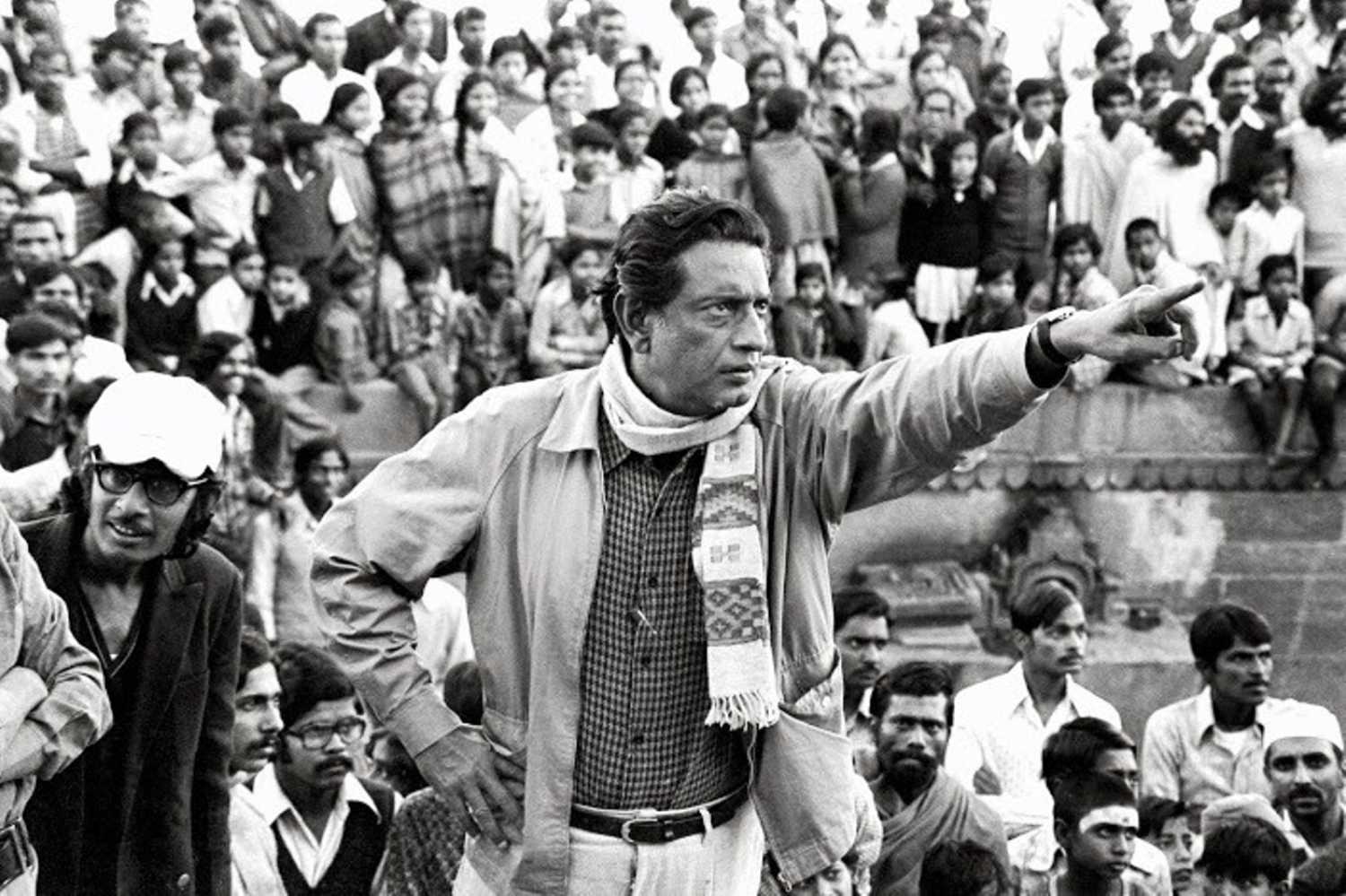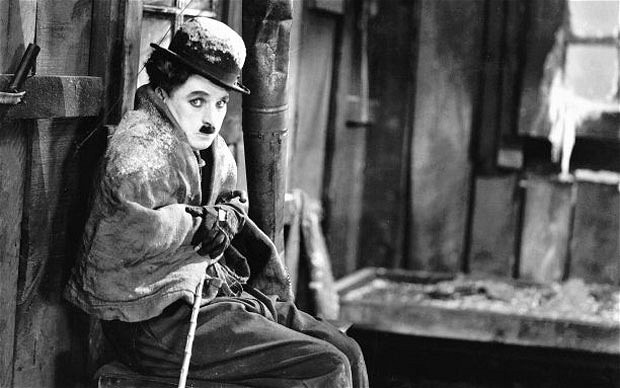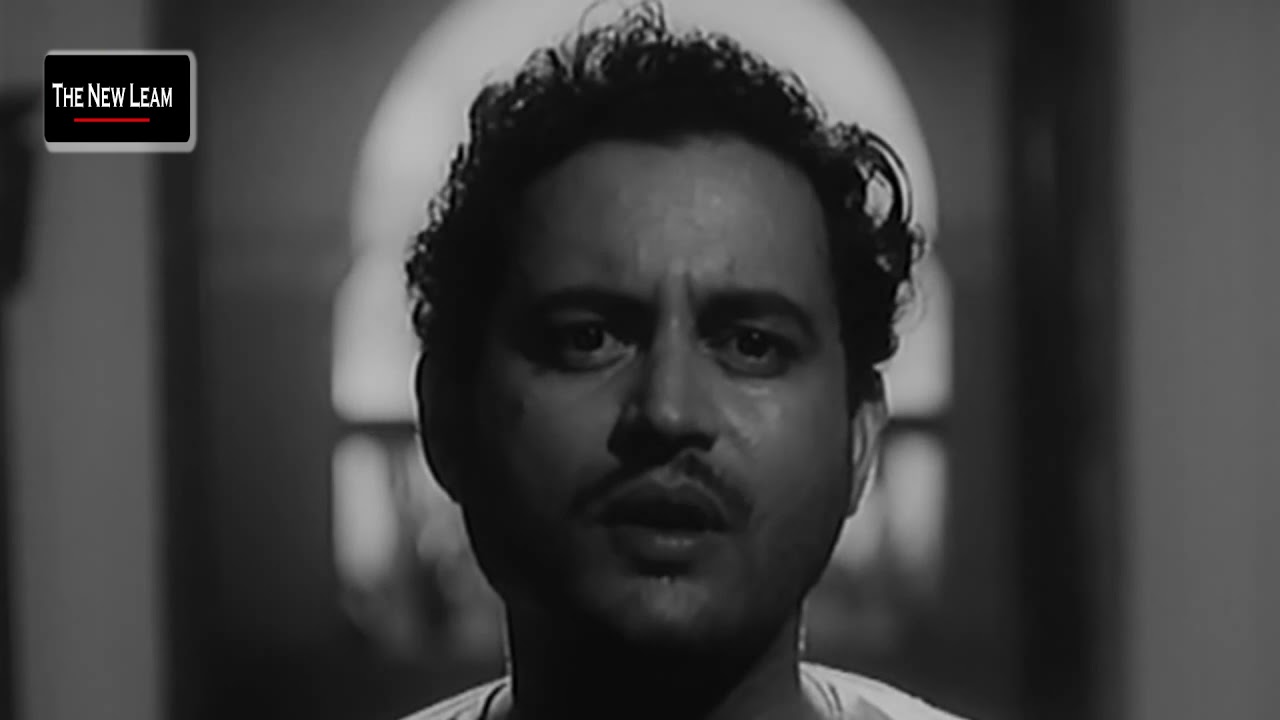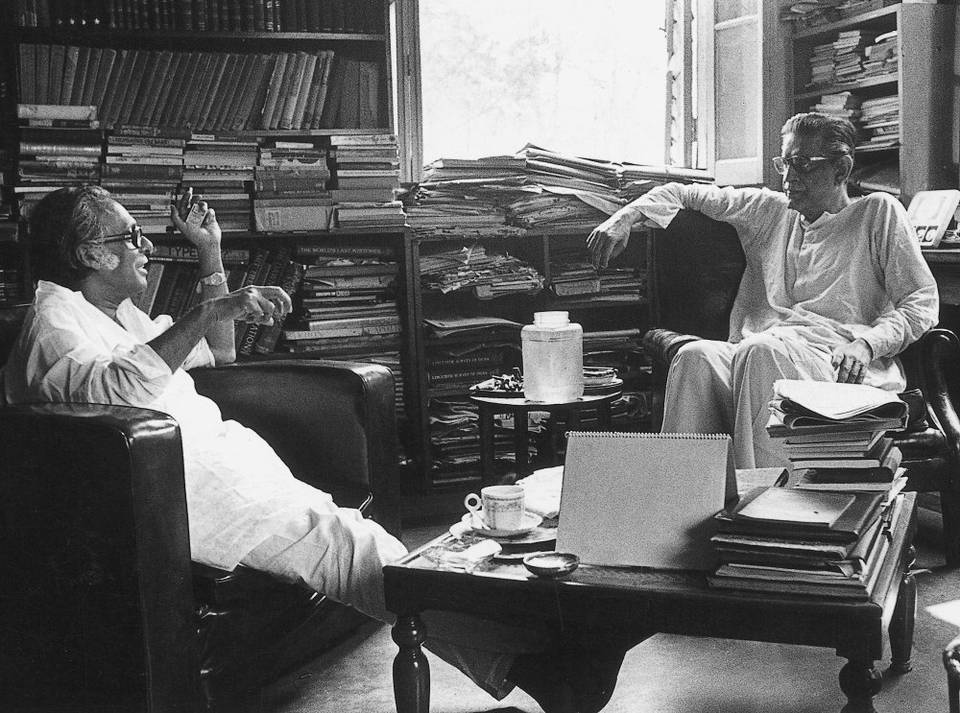A short documentary named ‘Chi-Lupo’ has won the best documentary award at the 10th Dada Saheb Phalke Film Festival, 2020 held in New Delhi. The film has been made by Kezang D Thondok from Arunachal Pradesh. The film is based on the custom of honey hunting among the Sherdukpen community of the West Kameng district of Arunachal Pradesh.
Thondok is a well know documentary filmmaker in the region and has worked towards directing many regional films.
Chi Lupo- The Shertukpen Honey Hunters is a short documentary that encapsulates the life of this honey gathering community and the trials and tribulations. He has directed more than 30 regional video albums and worked on several films as an assistant director, he as worked closely with the Doordarshan too. The film is particularly important because it speaks about the honey hunting tribe of Arunachal Pradesh and its disappearing skills.
Honey hunting in the region involved immense craftsmanship and with the onslaught of modernisation, this community may soon fade away into non-existence. The community is highly dependent on collecting honey and is know for using its properties for medicine production as well as for the preparation of delicacies.
But now with growing urbanisation and modernisation, fewer people from the tribe are eager to become honey hunters and thus the skill is indeed fading away. In the documentary film, the film maker follows six honey hunters into deep jungles and documents their trials and tribulations while hunting for honey.
Honey hunting was an age old skill practised by the members of this unique tribe of Arunachal Pradesh, which primarily reside in the three villages of Rupa, Shergaon and Jigaon in the state’s West Kameng district.
The film takes us on a 26 minute long journey into the lives of these people as they take their daredevil journeys into the forests to collect a special kind of honey, found only in hives landing from rocky hilltops. This honey is special in taste because it is extracted from very big honey bees. These craftsman are known for their bravery and craft and their ability to put their lives at risk to collect the honey. This documentary brings to light the life of a community which is hardly known to the outside world and documents the intricacies of a skill that is fast fading in our times. The film also holds a special relevance because very few directors have emerged from such remote corners of the northeast and have taken efforts to document the unique socio-cultural practices prevalent in the community.
The documentary has been narrated in English accompanied by traditional music in the background.

